In the latest development in the education landscape of Montana, House Bill 393 (HB 393) has taken center stage, drawing attention and concerns from various quarters. The bill, which proposes to provide public funds for private education, has sparked a legal battle, with the firm Upper Seven Law representing plaintiffs who assert that it contradicts the state’s commitment to public education.
HB 393 seeks to allocate public funds to private schools, a move that has ignited controversy and legal challenges. Upper Seven Law, a firm representing the plaintiffs in this matter, is at the forefront of the legal battle. This development comes in the context of a broader discussion around education bills in Montana, with the state grappling with legislative decisions that have far-reaching implications for its education system.
The legal landscape surrounding education in Montana is intricate, with another bill, HB 562, currently under a temporary injunction due to a separate lawsuit. This lawsuit contends that HB 562 would violate the Constitution by outsourcing public education and redirecting public school tax funds to private schools. Upper Seven Law is also representing plaintiffs in this case, adding to the complexity and intensity of legal debates around education reform in the state.
Rylee Sommers-Flanagan, the executive director and attorney for the plaintiffs at Upper Seven Law, emphasized the significance of public schools in Montana. Drawing a parallel between public schools and the state’s public lands, Sommers-Flanagan underscored their equal value in serving the community. The firm’s stance is rooted in the belief that Montana’s Constitution unequivocally ensures a quality education for every student, regardless of their background or circumstances.
Sommers-Flanagan expressed deep concern that HB 393 directly threatens the constitutional promise of providing quality education to all students. The assertion is that by diverting public funds to private schools, the proposed law could undermine the foundation of Montana’s commitment to its students. The argument resonates with the broader societal debate on the role of public education in fostering equal opportunities and access for all.

Read more:
- Dangerous icy road conditions prompt extended closures for East Tennessee schools, including Knox County
- Racist label for voucher programs sparks controversy in education
- School Experts Unhappy with Hochul’s Budget Plan, According to Education Insider
- New NJ Law: Student Mental Health Monitoring Now Mandatory in NJ Schools.
The legal challenges mounted against HB 393 highlight the tensions surrounding the delicate balance between private and public education funding. While proponents argue that such measures provide choice and flexibility for families, opponents, as exemplified by Upper Seven Law, contend that diverting public funds to private institutions could erode the core principles of public education.
Montana finds itself at the crossroads of shaping its education policies, with multiple bills and legal battles shaping the narrative. As the state grapples with these challenges, it faces crucial decisions that will impact the educational landscape for years to come. The legal battles initiated by Upper Seven Law underscore the commitment to upholding constitutional promises and ensuring that the state’s education system remains rooted in principles of equality, accessibility, and quality for all students.

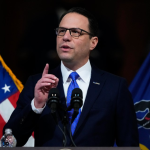
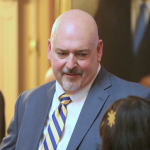




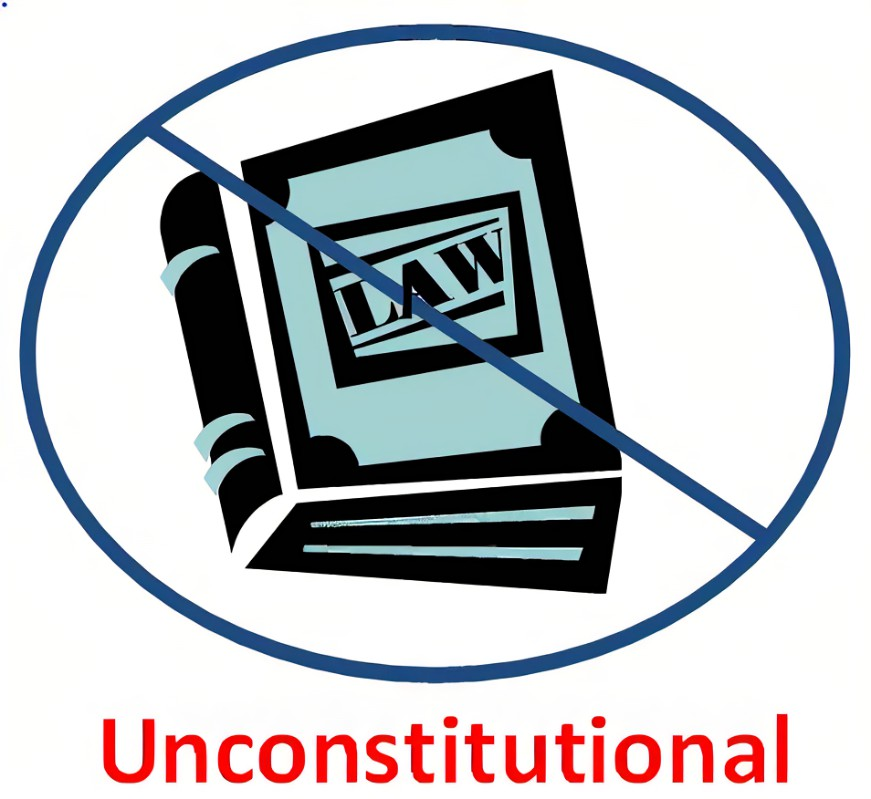
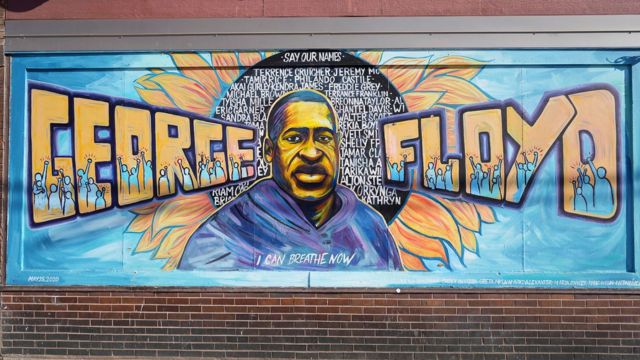
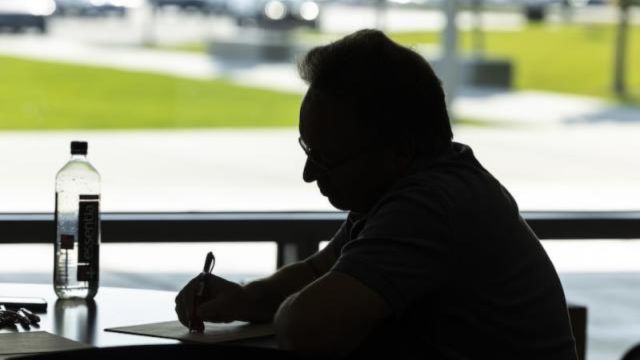

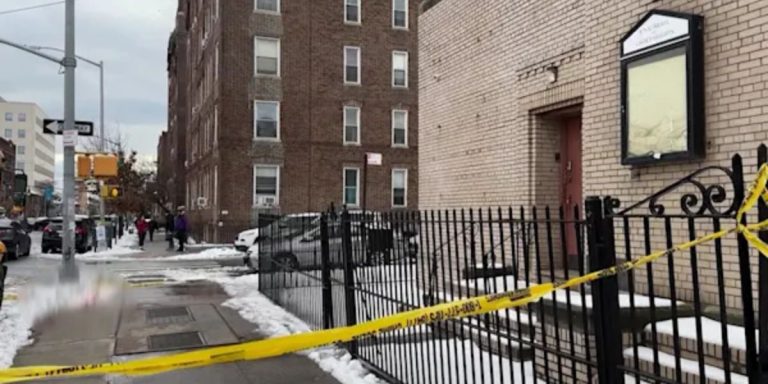

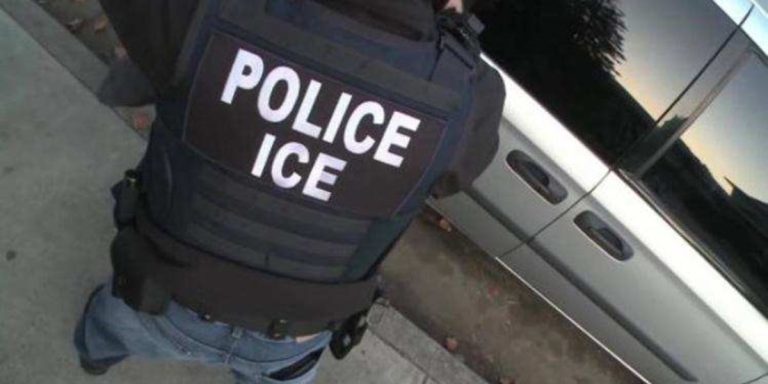
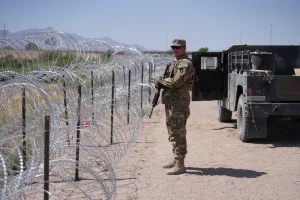
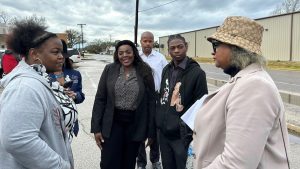
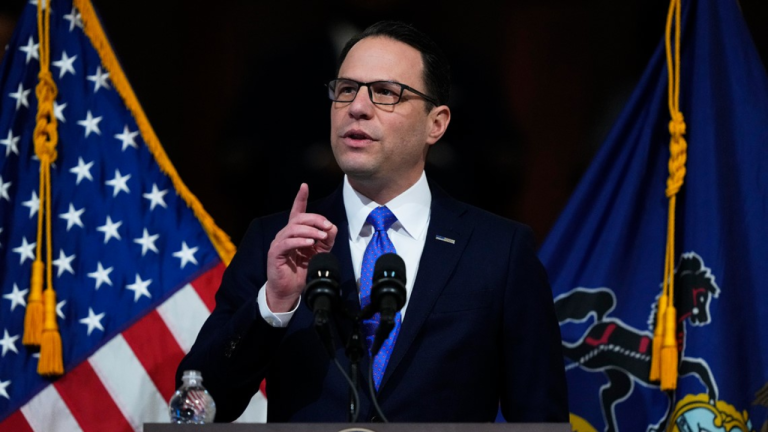
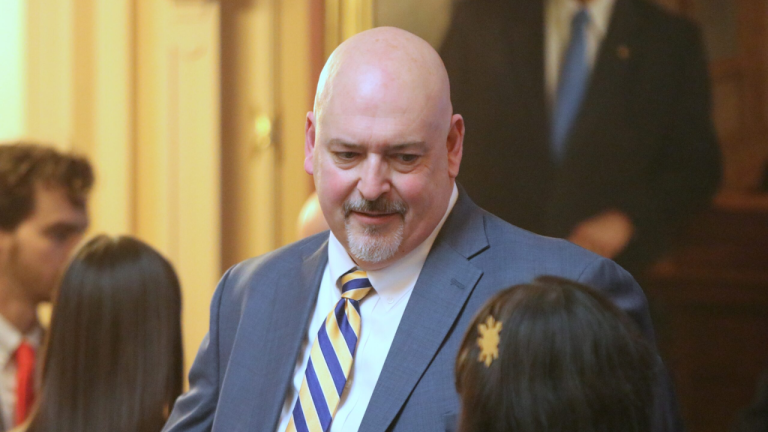


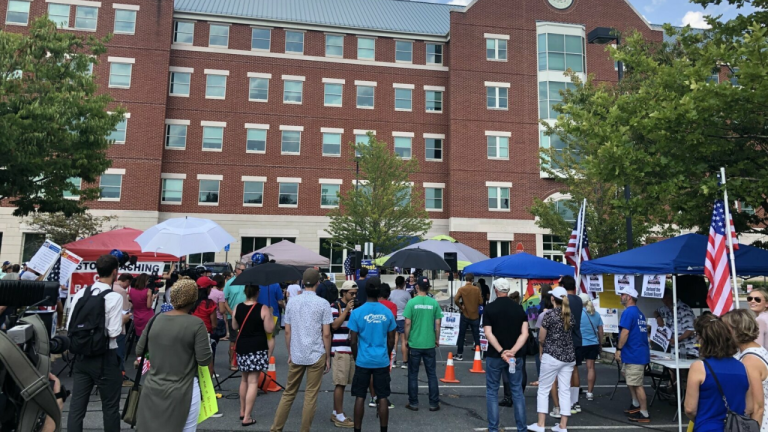





+ There are no comments
Add yours